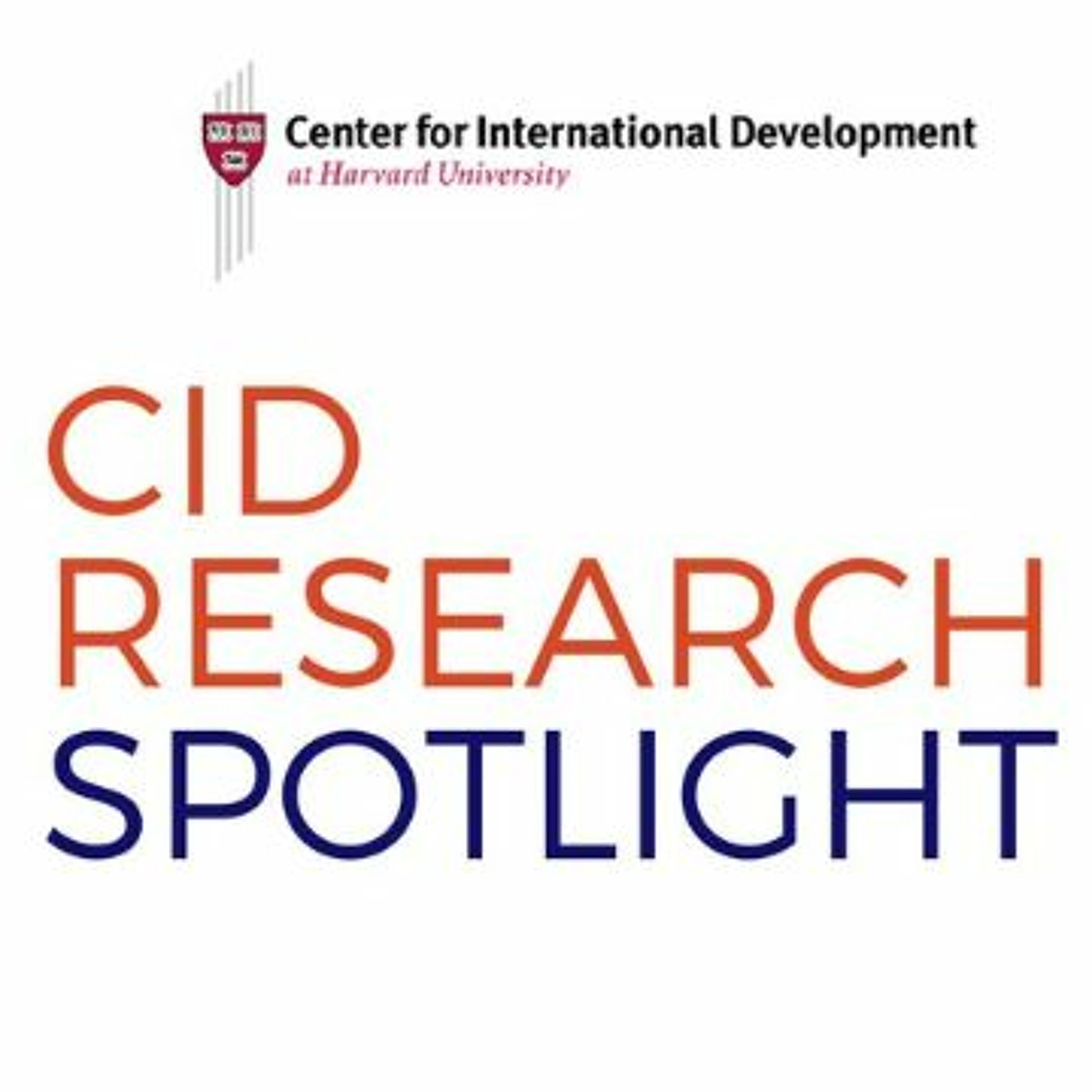Jordan: The Elements of a Growth Strategy

b'Between 1999 and 2009, Jordan experienced a huge growth acceleration, tripling its exports and increasing income per capita by 38%. Since then, its economy has been thrown off balance, impacted by a number of external shocks that include the global financial crisis, the Arab Spring, and the Syrian Civil War. For the past year, CID has been working in the country with the goal of understanding what is hindering income growth per capita and drafting a roadmap to help Jordan get back on a sustainable growth track.\\n\\nThis week on CID\\u2019s Research Spotlight podcast, we talk to CID fellows and project managers Miguel Angel Santos and Tim O\\u2019Brien on the methodologies and findings of this research project. \\n\\nTo read the full paper: bit.ly/2FNNBtY \\nInterview recorded on March 18, 2019.\\n\\nAbout Miguel Angel Santos: Miguel Angel Santos is an Adjunct Lecturer in Public Policy at Harvard Kennedy School of Government, and the Director of Applied Research at the Center for International Development (CID) at Harvard University.\\n\\nAt CID, he has been involved in various research projects aimed at helping governments to rethink their development strategies, both at the national and sub-national levels. Since he joined CID in August 2014, he has been involved in projects at the national level in Mexico, Panama, and Venezuela, and at the sub-national level in Mexico in the states of Chiapas, Baja California, Tabasco and Campeche; and the city of Hermosillo at Sonora state. He has also performed as project manager in the projects leading to the build-up of the Mexican Atlas of Economic Complexity, and the Peruvian Atlas of Economic Complexity.\\n\\nBefore joining the field of international development, Miguel worked for ten years in corporate finance and business development in Latin America, performing as Director of Finance for the Cisneros Group of Companies (1997-2003), Head of Corporate Finance for Mercantil Servicios Financieros (2005-2007), and Business Vice-President for Sony Pictures and Entertainment Latin America (2008-2009). At that point, he decided to switch tracks and get involved in development economics.\\n\\nHe holds two Master of Science degrees in International Finance and Trade (2011) and Economics (2012) from Universitat Pompeu Fabra, a Master in Public Administration from Harvard University (2014), and a Ph.D. in Economics at Universidad de Barcelona (2016). He was the head of the Macroeconomic Policy Team for presidential candidate Henrique Capriles Radonski in the Venezuelan elections of 2012.\\n\\nAbout Tim O\\u2019Brien: Tim O\\u2019Brien joined CID in 2015 and has worked on both Growth Lab and Building State Capability projects. \\n\\nHe has led growth diagnostic research in Albania and Sri Lanka. \\n\\nTim holds a Master in Public Administration in International Development (MPA/ID) degree from the Harvard Kennedy School and a B.S. in mechanical engineering from Northwestern University. \\n\\nTim served as a Peace Corps volunteer in Malawi from 2008-2010 and has experience working with the World Bank and in environmental engineering. \\n\\nTim\\u2019s research interests center on the challenges of economic transformation and adapting to climate change in developing countries and vulnerable communities.\\n\\nView the transcript for this episode here: https://www.hks.harvard.edu/sites/default/files/centers/cid/files/Transcripts/Transcript-Jordan-elements%20of%20a%20growth%20strategy.pdf'